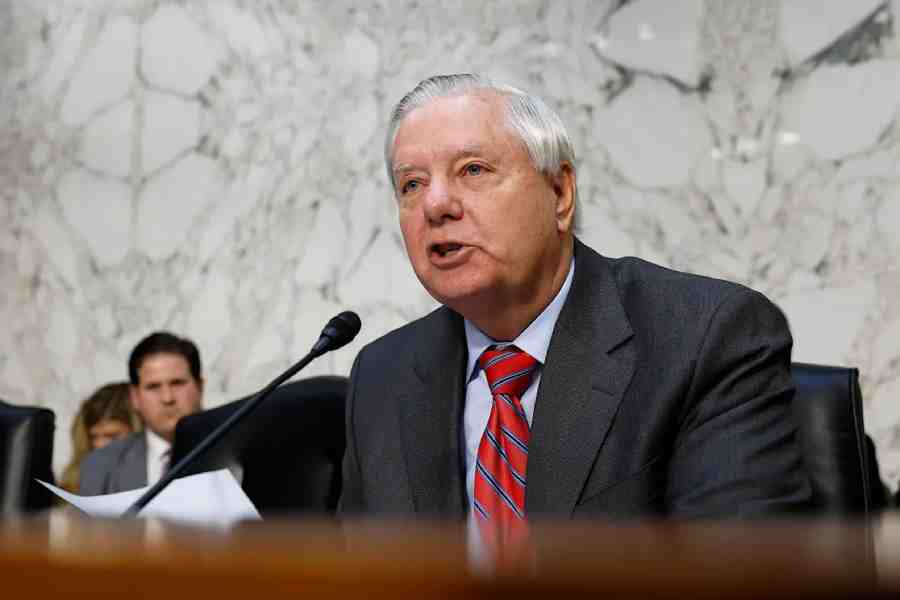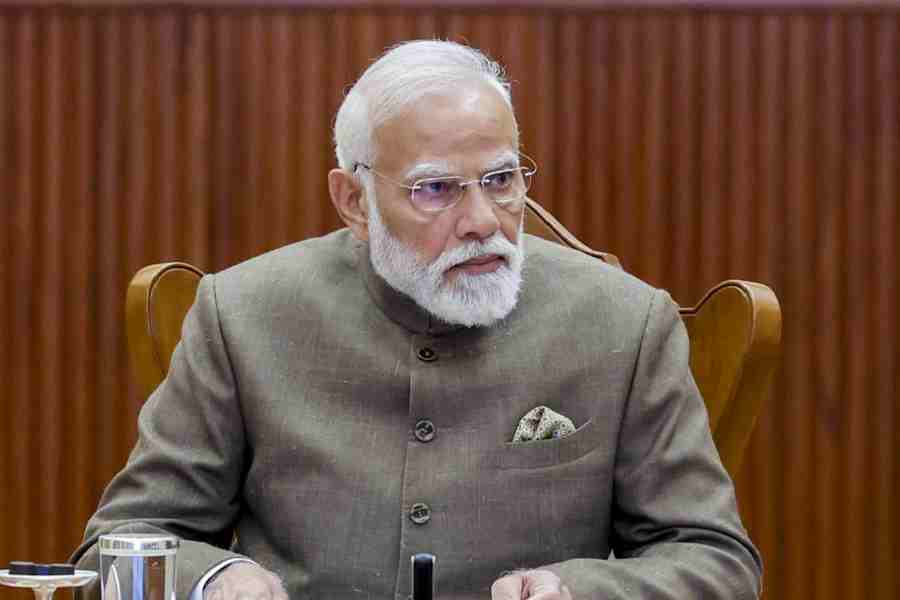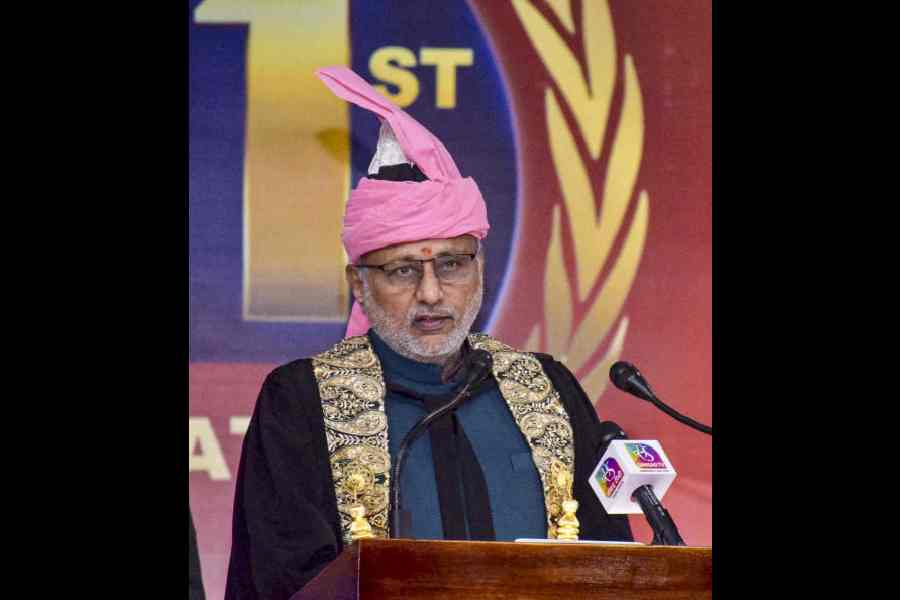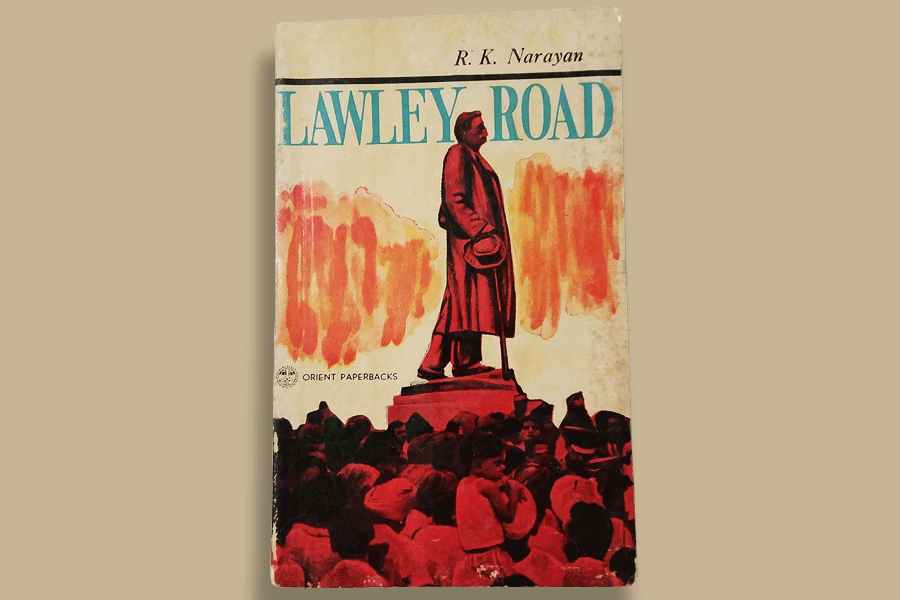US senator Lindsey Graham, a longtime supporter of pro-Ukraine moves, again on Tuesday issued a strong warning that the Trump administration will impose steep tariffs on countries like India, China, and Brazil if they continue buying oil from Russia.
India and China are among the countries whose imports of cheaper fuel from Russia have increased since 2022.
'Trump to put 100% tariff'
The economic threat was clear. Graham on Tuesday said, “President Trump’s going to put a 100 per cent tariff on all those countries, punishing them for helping Putin.”
He added that the aim is to choke off the financial flows keeping Russia’s war effort going. The planned tariffs would target oil-related imports, hitting economies with deep trade ties to the United States.
“Here’s what I would tell China, India and Brazil: If you keep buying cheap Russian oil to allow this war to continue, we’re going to tear the hell out of you and we’re going to crush your economy, because what you’re doing is blood money,” said Graham.
Russia sanctions bill will be 'economic bunker buster' for India: Graham
The Sanctioning Russia Act of 2025, which is set to be taken up by the US senate, proposes imposition of 500 per cent tariffs on all those countries buying energy from Russia.
US Senator has publicly pushed for the bill warning that it would prove to be "economic bunker buster" for countries like India and China who have significantly increased their purchase of Russian oil.
"I've got 84 co-sponsors for a Russian sanctions bill that is an economic bunker buster against China, India, and Russia for Russia's brutal invasion of Ukraine. I think that bill is going to pass .... It's time to vote on that bill," he told NBC news in June 2025.
Earlier he had warned the two nations that if the bill got through, they would have "nobody to blame but yourself". "To China and India: if you continue to prop up Putin’s war machine, you’ll have nobody to blame but yourself," he said.
India 'the worst' in terms of high tariffs on American goods
US Senator has deemed India "the worst" as regards to the high tariffs imposed by the country on American products and said that Washington would aim to bring the mutual tariffs down to zero.
"When you look at the world tariff regime, 67 per cent of all the tariffs in the world disadvantage America. There's a higher tariff on American products in the country in which we do business with. India's the worst," Lindsey Graham said in an interview to CBS on August, 2019.
"They have a 100 per cent tariff on a lot of our products. Either we increase tariffs on Indian products or we all go to zero. The goal is to go to zero," he added.
On April 2, Trump had announced a 26% reciprocal tariff on Indian products, only to suspend it till July 9 and announced August 1 as the new date for the higher levies to kick in.
In recent days, Donald Trump has claimed that a deal with India will be finalised soon. Although it is unclear if talks for a deal before August 1 deadline will take place virtually, it remains to be seen how the American president responds, given that he has been sending tariff letters to countries which have not signed agreements so far.
India has been demanding that it should get a good deal in areas of interests such as textiles, footwear, certain auto parts and shrimps and is unwilling to settle for sub-optimal solutions.
US senators request assessment on Kashmir issue
Four US senators had asked the State Department in February 2020 to provide assessments on India's crackdown in Kashmir, weeks before President Donald Trump's visit to New Delhi.
In a letter addressed to Secretary of State Mike Pompeo, Sens. Chris Van Hollen, Todd Young, Dick Durbin and Lindsey Graham expressed concern that Indian Prime Minister Narendra Modi's government has blocked the internet in the Jammu and Kashmir region for months.
"India has now imposed the longest-ever Internet shut down by a democracy, disrupting access to medical care, business and education for seven million people. Hundreds of Kashmiris remain in 'preventive detention,' including key political figures," said the bipartisan group of senators in the letter.
The government's steps, including the Citizenship Amendment Act, "threaten the rights of certain religious minorities and the secular character of the state," they wrote.
The senators requested information in 30 days about the number of political detainees in Kashmir, restrictions on the internet and cell phone service, access for foreign diplomats, journalists and observers and on religious freedom.
The letter came nearly two weeks before the White House announced that Trump and First Lady Melania Trump will travel to India on February 24 and 25, 2020, marking his first presidential visit to South Asia’s largest country.
Donald Trump threat, India responds
Trump had last week announced new weapons for Ukraine and threatened "biting" secondary tariffs of 100 per cent on the buyers of Russian oil unless there is a peace deal in 50 days. Following this, Nato Secretary General Mark Rutte threatened countries such as Brazil, China and India with secondary sanctions if they continued to do business with Russia.
"My encouragement to these three countries... please make the phone call to Vladimir Putin and tell him that he has to get serious about peace talks, because otherwise this will slam back on Brazil, on India and on China in a massive way," Rutte added.
The Indian foreign ministry last week said, "We have seen reports on the subject and are closely following the developments. Let me reiterate that securing the energy needs of our people is understandably an overriding priority for us."
The ministry also warned of double standards regarding the matter and said, "In this endeavour, we are guided by what is on offer in the markets and by prevailing global circumstances. We would particularly caution against any double standards on the matter."











